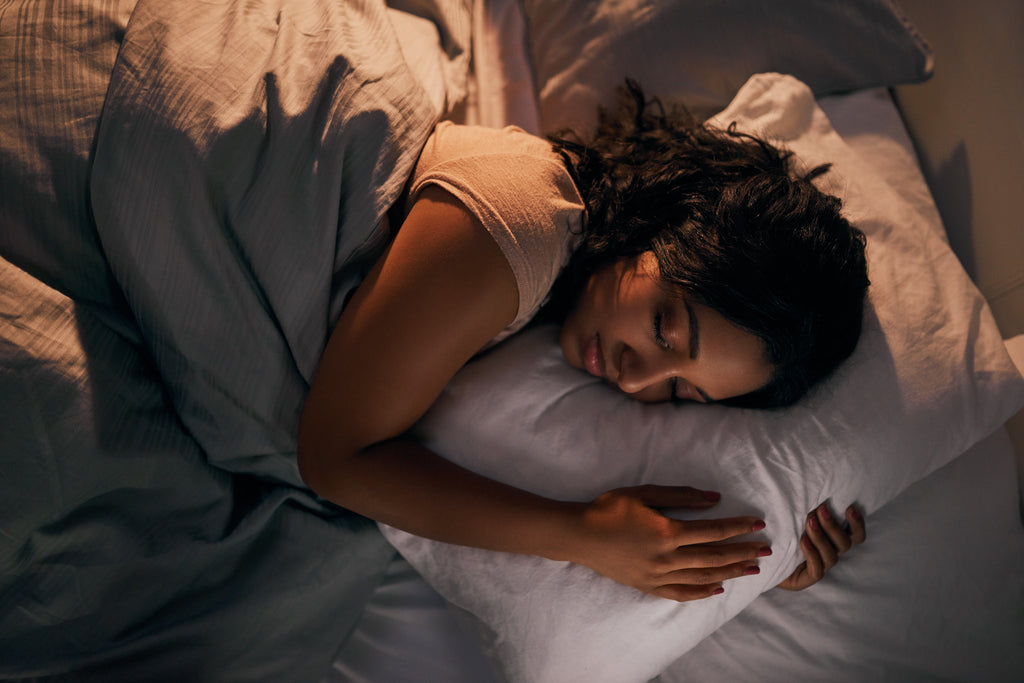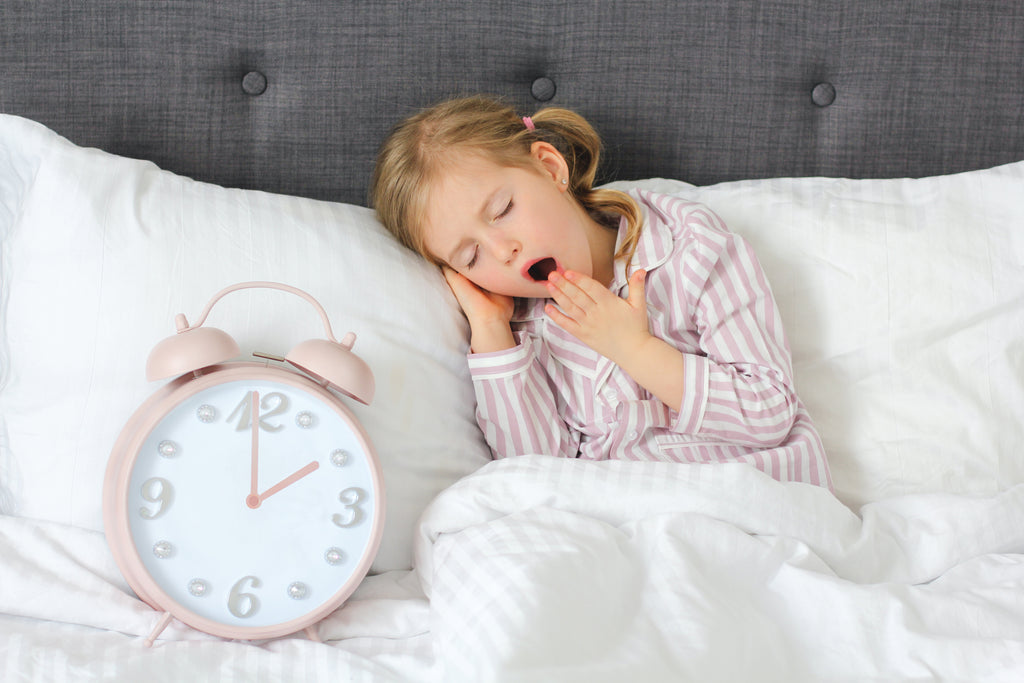- Home
- SHOP ▾
- Store Locator
- Media
- Product Information ▾
- Our Associations ▾
- Warranties ▾
- Advice ▾
- Blog

You probably ask yourself all the time what makes a good night’s sleep? If you google it, you’ll most likely see lists upon lists of top ten tips or the 5 best secrets to a good night’s sleep. Whilst these lists probably have great ideas, they may be redundant without understanding the key elements that make a good night’s sleep.
We’ve narrowed it down to three key elements for a good night’s sleep:
Now you know the three elements let’s expand on what they are so you have a basic understanding and can apply those great tips you see everywhere including our Instagram 😉.
1. Duration
Duration refers to the length of time that you sleep for, your sleep needs to be long enough that when you wake up the next day you are feeling refreshed and alert. Generally speaking, for an adult this is between 7-9 hours of sleep, with the length being longer for teenagers and young children.
|
Life Stage |
Required Sleep |
|
Older Adults |
7-8 hours |
|
Young Adults |
7-9 hours |
|
Teenagers |
8-10 hours |
|
School-aged children |
9-11 hours |
|
Preschoolers |
10-13 hours |
|
Toddlers |
11-14 hours |
|
Infants |
12-15 hours |
|
Newborns |
14-17 hours |
2. Continuity
Your sleep needs to be long and uninterrupted, even if you are still getting your required hours of sleep a night if you are waking up multiple times this can affect the overall quality of your sleep. There are four stages of sleep that humans go through each night:
As you can see our body slides through different and important stages of sleep each night and can do this multiple times, so if you are repeatedly waking up during the night you are disrupting your bodies sleep cycle.
3. Depth
This ties in with the stages of sleep we touched on above when talking about sleep continuity, you want your sleep to be deep and restorative. This means we especially want to make sure we are reaching the third and fourth stage of sleep known as slow wave sleep. Slow wave sleep is attributed to play a pivotal role in brain restoration and recovery as well as memory consolidation, whilst also producing human growth hormone which repairs tissues and cells in our bodies. All very important for us to be functional humans the next day.
Now you are equipped with the understanding of the key factors making up a good night’s sleep, you can now start creating a sleep routine that will aid you in sleeping the required amount and protecting it from interruption.

It is the first Sunday of October and we all know that means it is daylight savings time.
Daylight savings puts our clock forward an hour and although this can be fantastic for people who want to enjoy those long summer nights it can have a negative impact on our sleeping patterns.
Even one hour of sleep loss over a few nights can have marked effects on our mood and health.
The effects of the initial time change for daylight savings on the body is often likened to jet lag. Losing an hour of light in the morning and gaining it at night it effects our bodies as if we are in a different time zone.
This is because changing the clock in either direction changes the principle time cue (which is light) for setting and resetting our 24-hr natural cycle, or circadian rhythm. Therefore, our internal clocks become out of sync.
As it is staying light later in the day it can be harder to fall asleep and likewise staying darker in the morning can make it harder to wake up.
Spring your clock's forward and get the most out of the warmer days by undertaking good sleeping habits. With a good night sleep you will feel and function better.